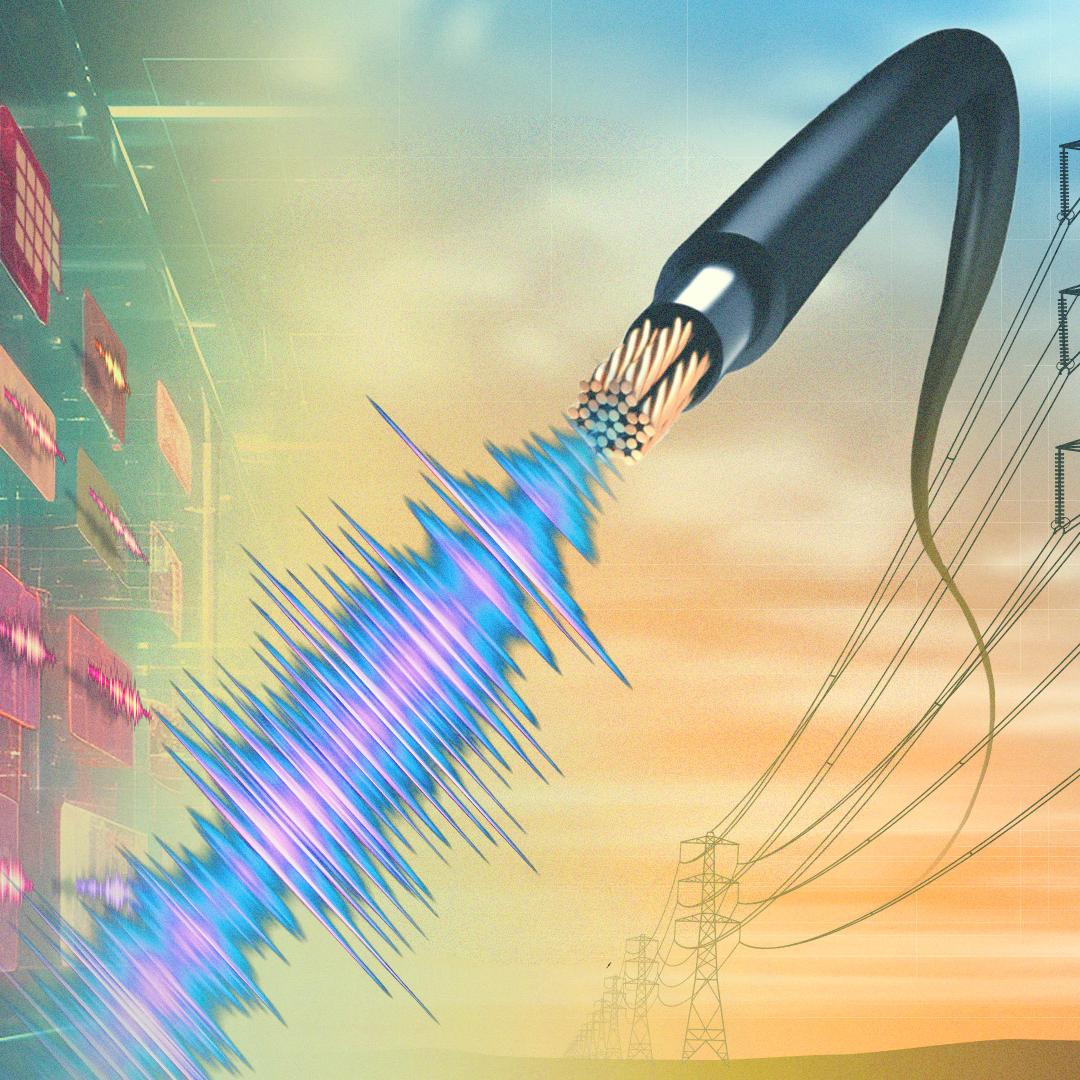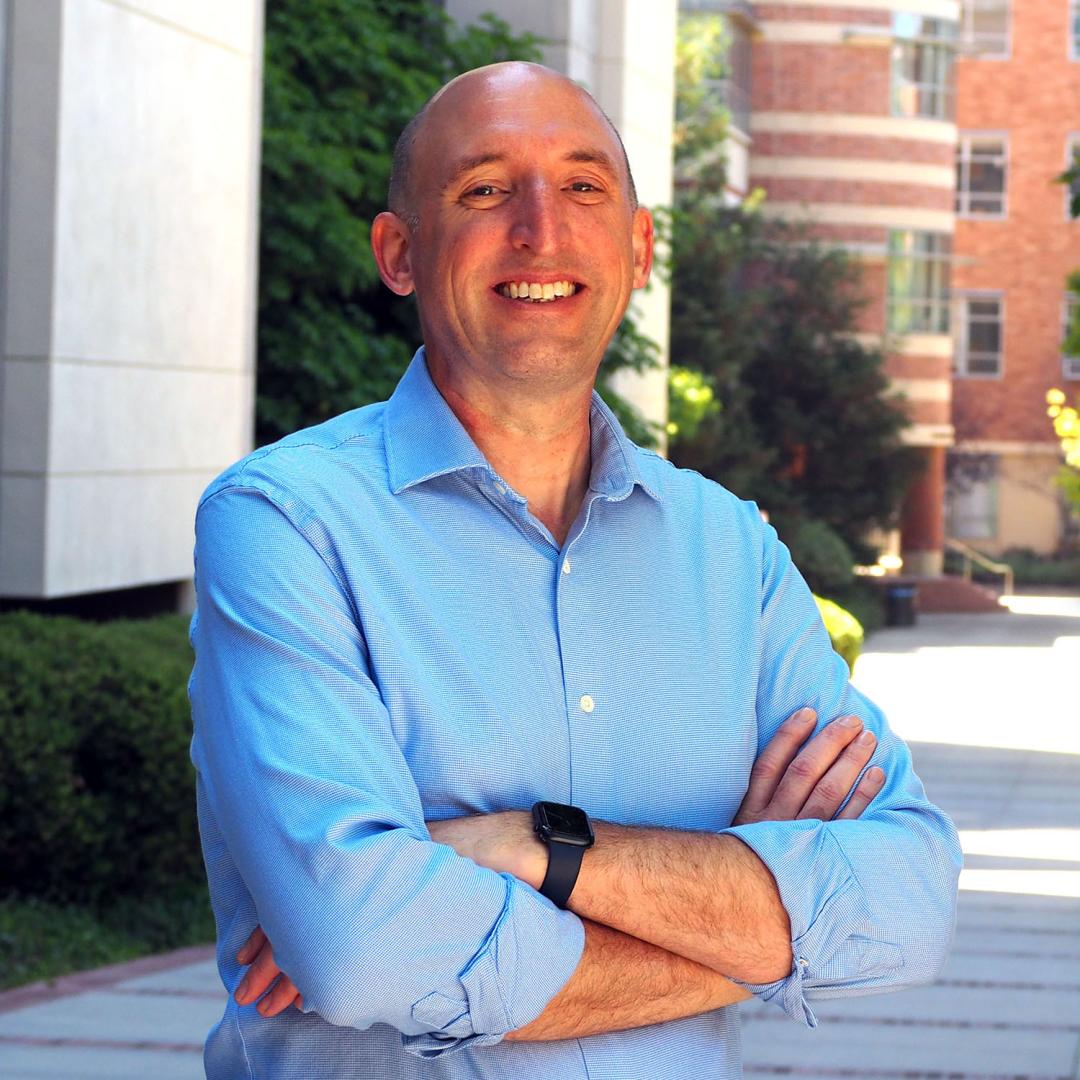
Filter News
Area of Research
- Advanced Manufacturing (3)
- Biology and Environment (13)
- Clean Energy (35)
- Computer Science (1)
- Electricity and Smart Grid (1)
- Fuel Cycle Science and Technology (1)
- Functional Materials for Energy (2)
- Fusion and Fission (13)
- Fusion Energy (1)
- Isotope Development and Production (1)
- Isotopes (8)
- Materials (61)
- Materials Characterization (2)
- Materials for Computing (4)
- Materials Under Extremes (1)
- National Security (17)
- Neutron Science (16)
- Nuclear Science and Technology (11)
- Quantum information Science (1)
- Sensors and Controls (1)
- Supercomputing (27)
News Type
News Topics
- (-) Cybersecurity (18)
- (-) Grid (18)
- (-) Isotopes (21)
- (-) Machine Learning (14)
- (-) Materials (67)
- (-) Nuclear Energy (33)
- (-) Physics (24)
- (-) Security (11)
- 3-D Printing/Advanced Manufacturing (49)
- Advanced Reactors (12)
- Artificial Intelligence (31)
- Big Data (11)
- Bioenergy (24)
- Biology (22)
- Biomedical (18)
- Biotechnology (7)
- Buildings (15)
- Chemical Sciences (33)
- Clean Water (1)
- Climate Change (24)
- Composites (10)
- Computer Science (62)
- Coronavirus (17)
- Critical Materials (11)
- Decarbonization (22)
- Education (3)
- Element Discovery (1)
- Energy Storage (45)
- Environment (43)
- Exascale Computing (12)
- Fossil Energy (1)
- Frontier (16)
- Fusion (14)
- High-Performance Computing (31)
- Irradiation (1)
- ITER (2)
- Materials Science (53)
- Mercury (2)
- Microelectronics (1)
- Microscopy (18)
- Molten Salt (2)
- Nanotechnology (28)
- National Security (20)
- Net Zero (4)
- Neutron Science (56)
- Partnerships (28)
- Polymers (13)
- Quantum Computing (10)
- Quantum Science (28)
- Renewable Energy (1)
- Simulation (11)
- Software (1)
- Space Exploration (3)
- Statistics (1)
- Summit (21)
- Sustainable Energy (36)
- Transformational Challenge Reactor (4)
- Transportation (32)
Media Contacts
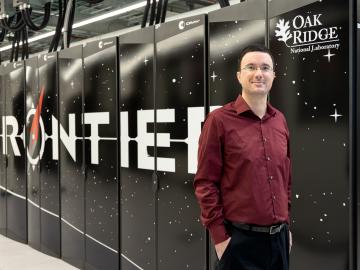
The Exascale Small Modular Reactor effort, or ExaSMR, is a software stack developed over seven years under the Department of Energy’s Exascale Computing Project to produce the highest-resolution simulations of nuclear reactor systems to date. Now, ExaSMR has been nominated for a 2023 Gordon Bell Prize by the Association for Computing Machinery and is one of six finalists for the annual award, which honors outstanding achievements in high-performance computing from a variety of scientific domains.

The Department of Energy’s Office of Science has selected three ORNL research teams to receive funding through DOE’s new Biopreparedness Research Virtual Environment initiative.
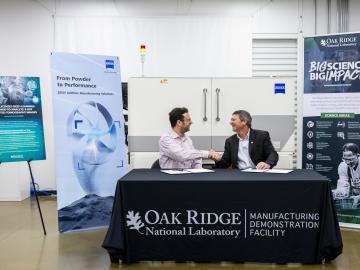
A licensing agreement between the Department of Energy’s Oak Ridge National Laboratory and research partner ZEISS will enable industrial X-ray computed tomography, or CT, to perform rapid evaluations of 3D-printed components using ORNL’s machine

Rose Montgomery, a distinguished researcher and leader of the Used Fuel and Nuclear Material Disposition group at ORNL, has been selected to participate in the U.S. WIN Nuclear Executives of Tomorrow, or NEXT, class of 2023 to 2024.
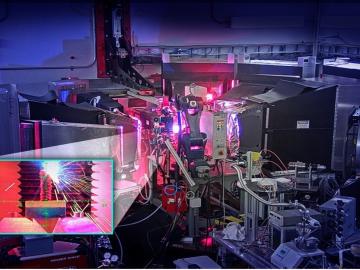
Technologies developed by researchers at ORNL have received six 2023 R&D 100 Awards.
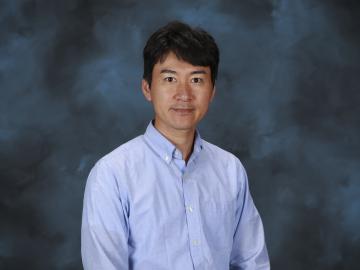
Takaaki Koyanagi, an R&D staff member in the Materials Science and Technology Division of ORNL, has received the TMS Frontiers of Materials award.
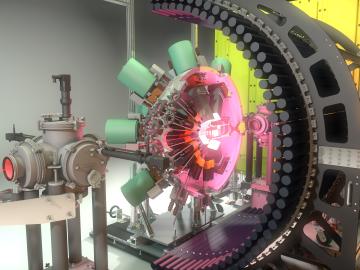
Timothy Gray of ORNL led a study that may have revealed an unexpected change in the shape of an atomic nucleus. The surprise finding could affect our understanding of what holds nuclei together, how protons and neutrons interact and how elements form.
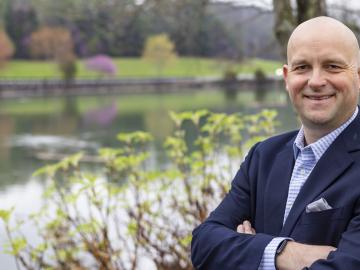
Leigh R. Martin, a senior scientist and leader of the Fuel Cycle Chemical Technology group at ORNL, has been named a Fellow of the American Chemical Society for 2023.
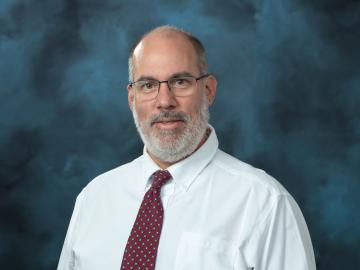
Eric Myers of ORNL has been named a senior member of the Institute of Electrical and Electronics Engineers, effective June 21.
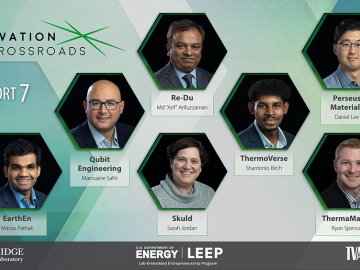
Seven entrepreneurs will embark on a two-year fellowship as the seventh cohort of Innovation Crossroads kicks off this month at ORNL. Representing a range of transformative energy technologies, Cohort 7 is a diverse class of innovators with promising new companies.


